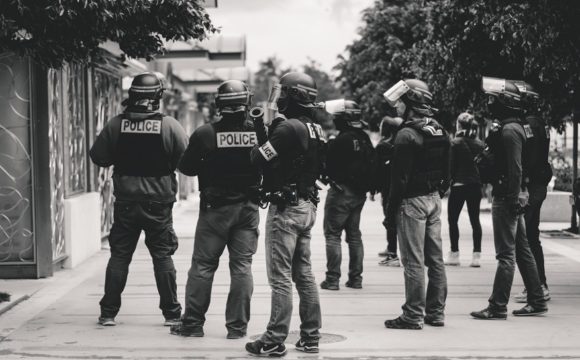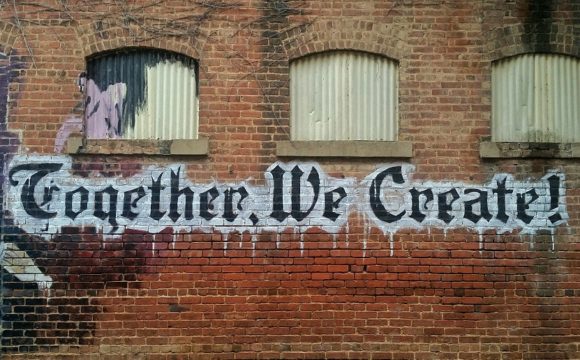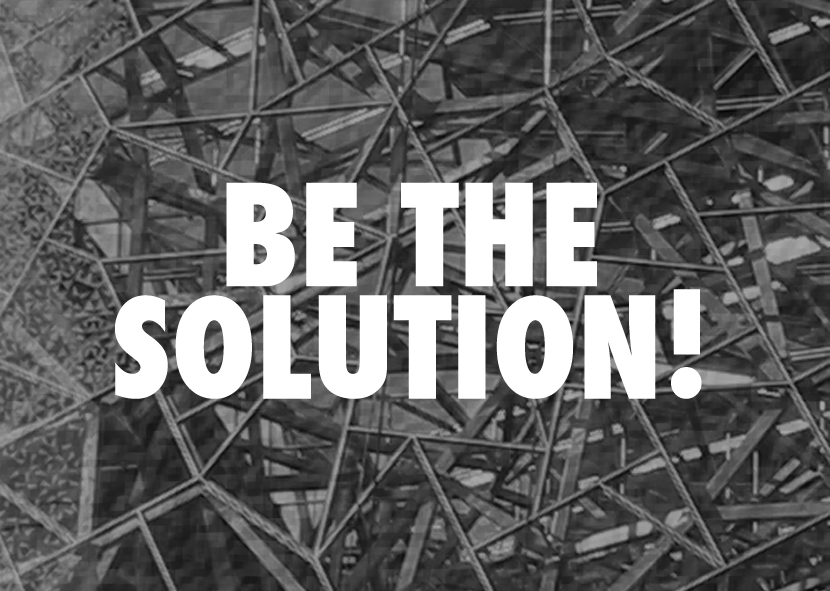Many people have conflicting opinions regarding the Occupy-movement. Many opine that a sound and organized list of demands have to first be articulated so that the movement can gain serious ground in their fight. The absence of a clear and united agenda may be a strong deterrent to its progress. Others say that this lack of goals is at the heart of the movement, that there may be a variety of programmes for different Occupy movements, and that these movements are one in that they uphold their right to civil-disobedience.
Many other demonstrations seem to have been encouraged by the Occupy movement.
There seems to be a lot of people disillusioned with rundown current state of affairs – in economy, in government, in politics. Almost all protests in this classic year of restlessness seem to focus on the economic recession and the growing tremendous disparity between the few rich and powerful and the rest – in economic as well as in political clout and domination. A principal gripe is about the grave injustices/iniquities brought on by the lopsided large-scale/global and local corporate muscle. The Occupy protests are all around – in Greece where people strongly complain about austerity-measures, in Israel where protesters rally against the continuing mounting cost of prices, in New York with its Occupy Wall Street movement, in Spain where the youth protest the lack of jobs available for them.
Many individuals disdain this lack of direction on the part of the movement. To many, the statements are too generalized, over-simplified, too sweeping. There seems to be a lack of a clear missive of mission and vision, no well-defined problems or solutions which will serve to unite people to its cause. A lot of people look with this disdain at this lack, opining that if the movement fails to put down in clear terms what their goals are and how they intend to attain them, they should not make too much of a raucous. Many people seem to feel that the protesters are protesting for the sake of protesting, without putting much thought and planning into what it is exactly they intend to work for and achieve.
To sympathizers, however, this is not a valid reason for censure. One can tell that something is decidedly wrong with the present state of affairs and has the right to point this out to anybody, without possessing clear-cut and precise ideas on how to resolve the problems. One should be able to justifiably protest the status-quo, to bring out into the open his grievances, without knowing exactly what to do to put things right. Those who are aggrieved are not always in the position to know how to turn things onto the right direction. If their right to express these grievances depends on putting forward exact solutions, they are likely to remain mute. And this seems to be a definite way of further entrenching the status-quo, no matter how wrong/unjust it clearly seems to be.



